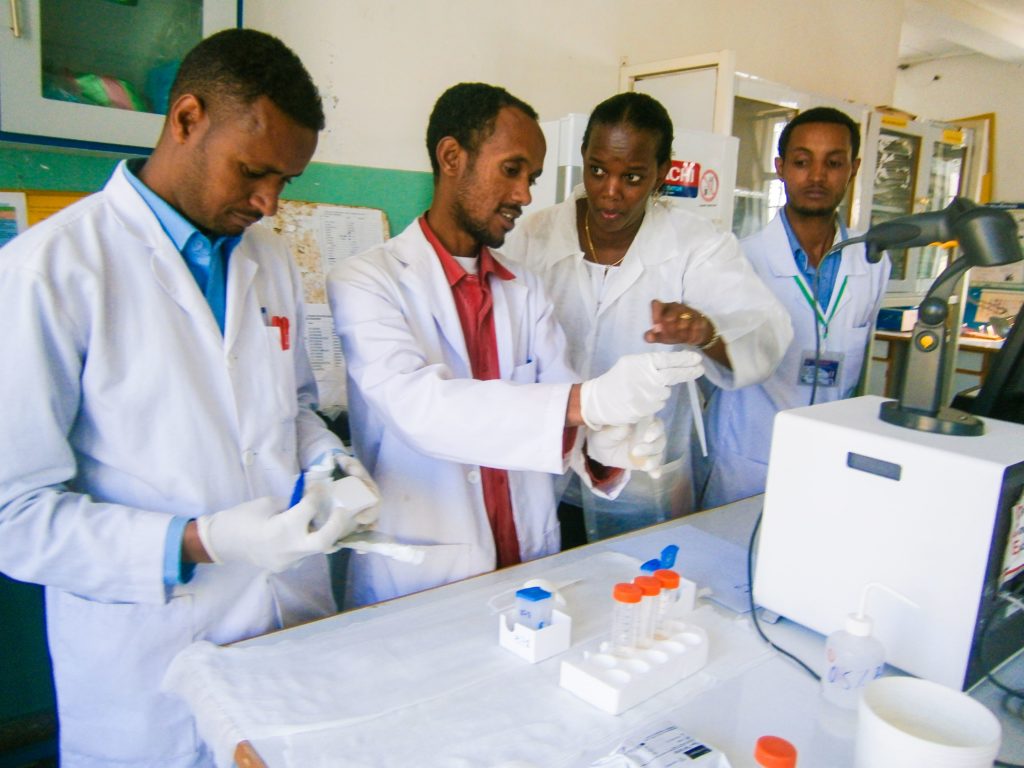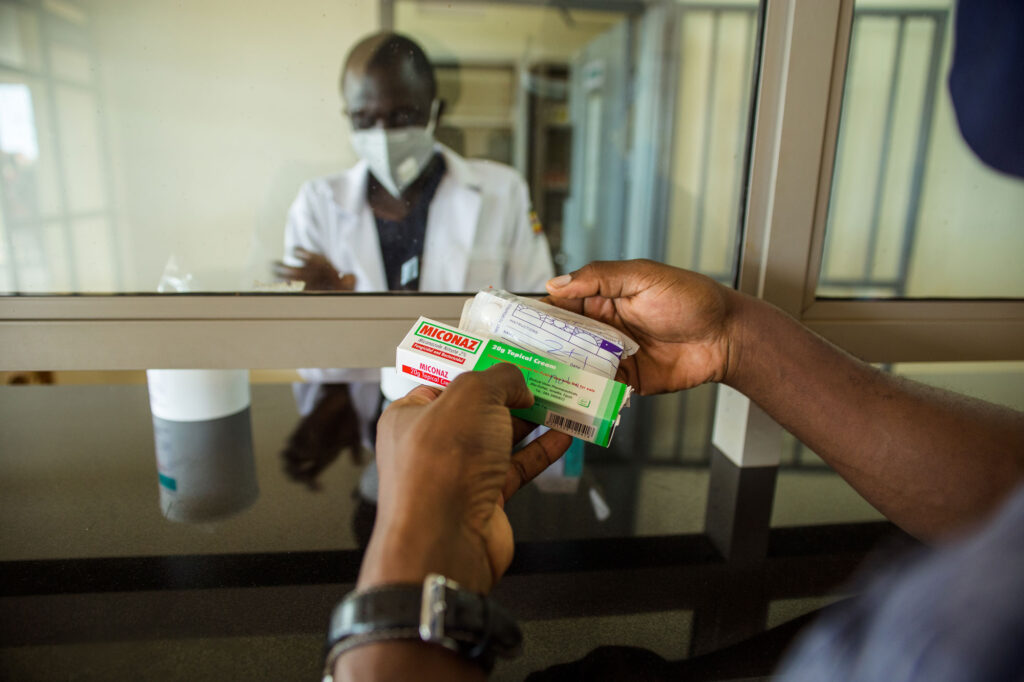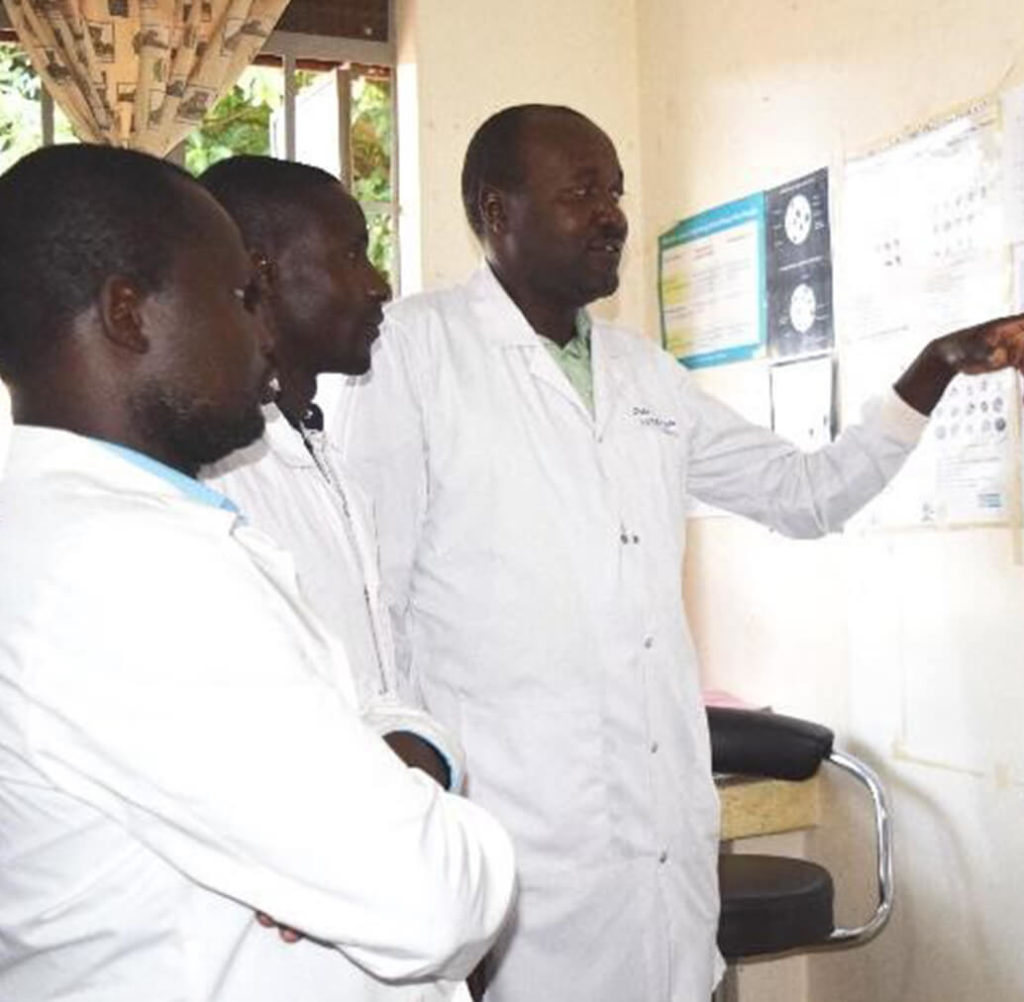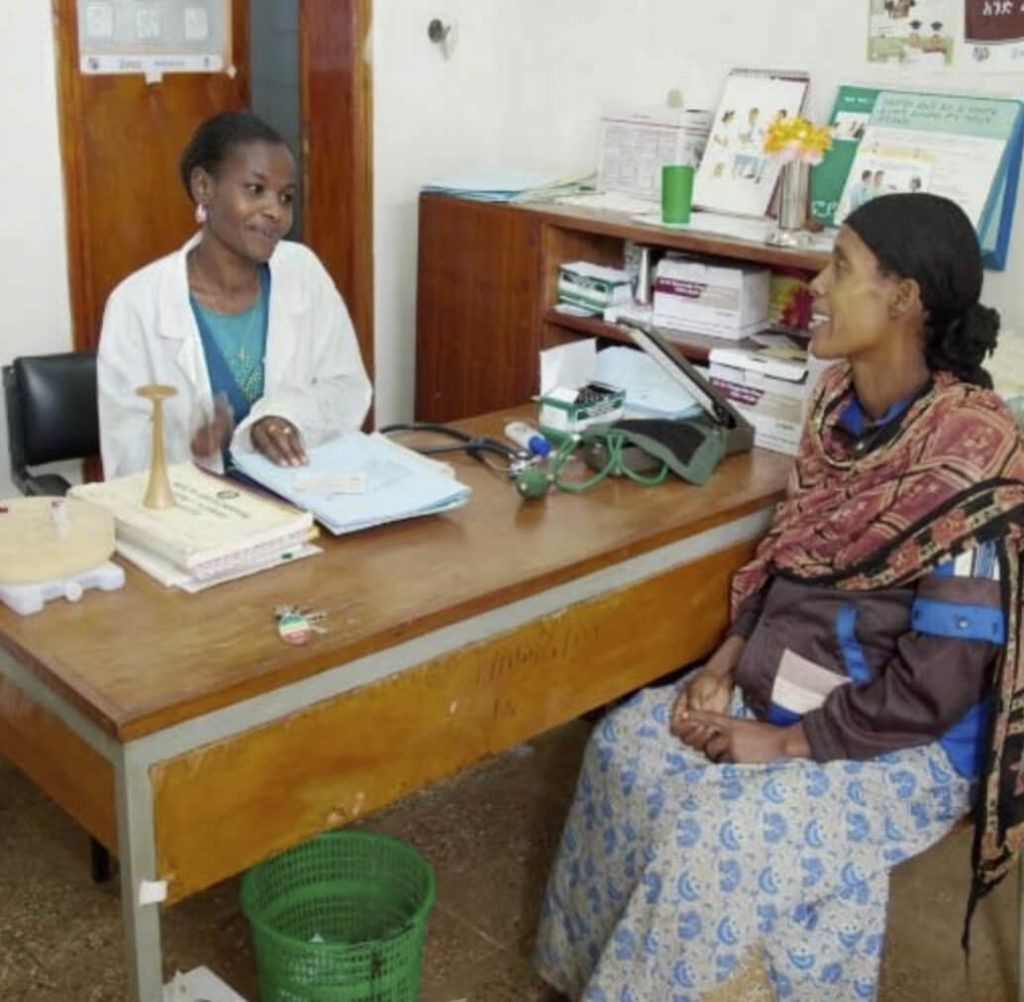Resources
Resources
In partnership with countries around the world, we have developed hundreds of resources to help strengthen the foundations of health systems. Please search our Resources to learn more about our publications, research, programmatic approaches, tools, and learnings.


Strengthening Supply Chain and Pharmaceutical Systems for Sustained Health Impact
For more than three decades, Management Sciences for Health (MSH) has partnered with countries to build high-performing supply chains that ensure reliable access to safe, effective, quality-assured medicines and people-centered pharmaceutical services. MSH takes a holistic approach that fosters country-led innovation, whole-of-society engagement and collaboration, private-sector engagement, and effective leadership and governance. This ensures both reliable, affordable access to and sustainable delivery of medical products when and where they are needed and their appropriate use to save lives and improve health.
Topical
PHC Costing, Analysis, and Planning (PHC-CAP) Tool
Overview The PHC Costing, Analysis, and Planning (PHC-CAP) Tool helps program planners and decision makers increase coverage and improve the quality o…
Assessment of the Impact of Good Pharmacy Practices Training among Drug Dispensers in Bangladesh
Accelerating the End of TB: Field Research from Management Sciences for Health—2008-2022

Improving Appropriate Medicine Use Through Hospital Medicines and Therapeutics Committees

Using SPARS to Strengthen District Capacity to Manage and Utilize Health Commodities
Improving Equitable Access to Essential Medicines and Health Supplies Using a Needs-based Allocation Formula
A good health system ensures equitable and consistent access to quality essential medicines and health supplies. Health equity is prioritized in Ugand…
Scale Up of RxSolution eLMIS in Uganda
To ensure an uninterrupted supply of essential medicines and effectively monitor store management in health facilities, the Uganda Ministry of Health …
Uganda Health Supply Chain Briefer
The USAID-funded and MSH-led Uganda Health Supply Chain (UHSC) project aims to improve the health of all Ugandans by increasing the availability, acce…
Implementing a Web-based Pharmaceutical Information Portal in Uganda
Public pharmaceutical-sector managers in Uganda previously relied on information gathered from multiple sources to plan for and manage health supplies…
Longitudinal Study Assessing the One-year Effects of Supervision Performance Assessment and Recognition Strategy (SPARS) to Improve Medicines Management in Uganda Health Facilities
In late 2010, Uganda introduced a supervision, performance assessment, and recognition strategy (SPARS) to improve staff capacity in medicines mana…
Building Capacity in South Africa for the Development of Pharmaceutical Policies, Procedures, and Guidelines
As South Africa moves towards universal health coverage, improving good governance at all levels of the pharmaceutical system is critical. The USAID-f…




















